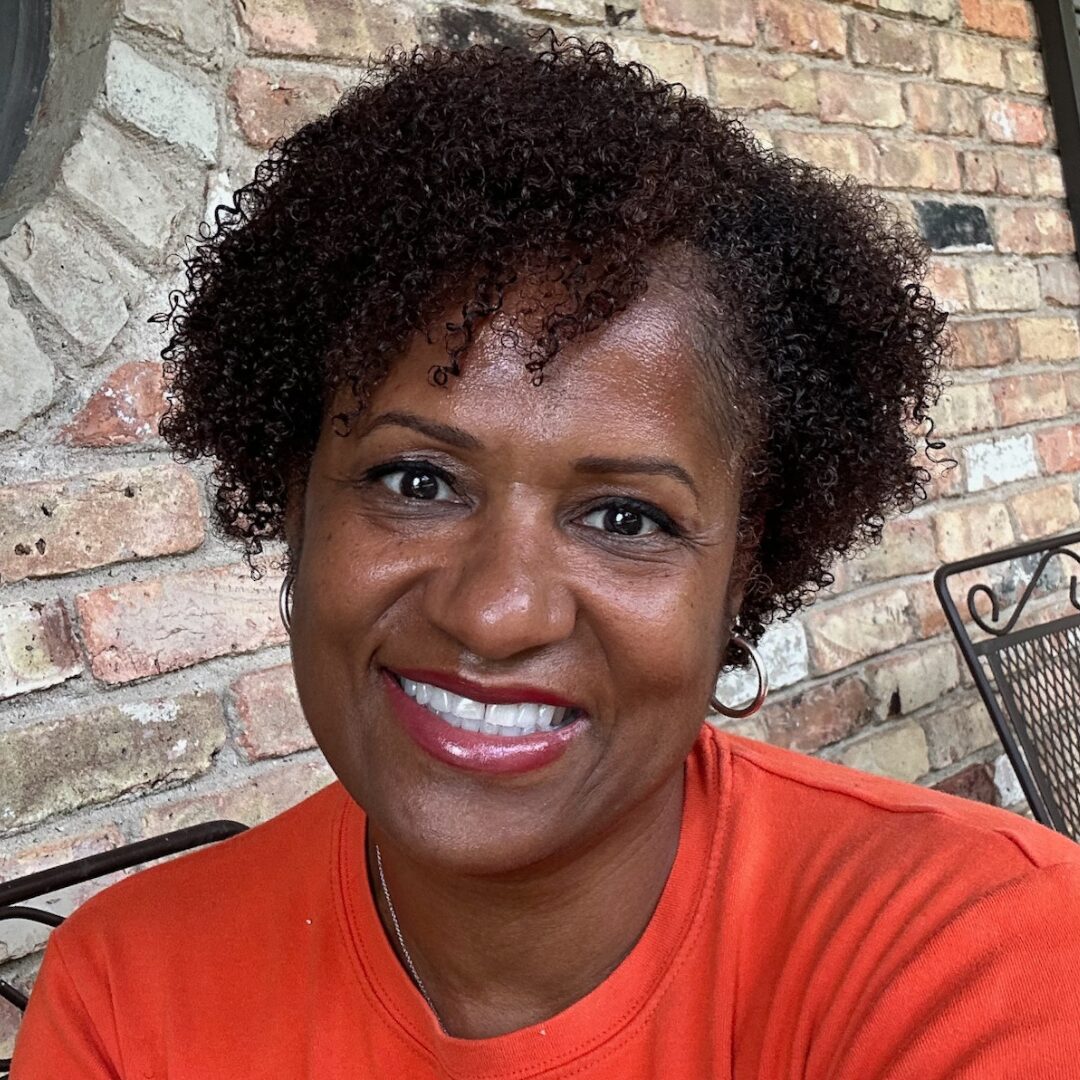If you’re the parent or caregiver of a teenager, this may be a confusing time for both you and your child. It can be challenging to navigate the ups and downs of the adolescent years—whether your child is merely exhibiting age-appropriate but frustrating behavior (door slamming and eye rolling, anyone?) or facing more complex challenges. In this compassionate conversation with family therapist Dr. Kelly Moore, you’ll gain strategies and techniques to help improve communication and boost connection with your teen. You’ll also learn how to handle conflict more effectively, and nurture yourself through this rollercoaster ride. Among the questions Dr. Moore addresses: How much freedom should you give your child? What kind of behavior is developmentally appropriate? How do you talk to a kid who doesn’t want to talk to you? How do you support a teen who’s going through a difficult time? When should you worry about your child’s mental health? And how can you manage your own emotions in order to be there for your child?
In this jam-packed episode, Dr. Moore and I also discuss:
- The crucial information that a lot of well-meaning parenting advice leaves out
- How teen behaviors don’t always correlate to what they’re experiencing on the inside
- The biggest mistake parents make when communicating with their child
- How to dance the fine line between offering support and setting boundaries—and why teens crave both
- Why strengthening your self-awareness makes you more attune to your child’s needs
- How your kid’s brain development affects their behavior and emotional responses
- The best way to respond to the silent treatment (warning: it’s not easy for you, but your kid will love it)
- The one thing you should always do when you’re disciplining your child
- Why it’s necessary to mourn the loss of that “little kid” your child once was
- Why you should approach parenting from your deepest values instead of your biggest fears
- When to worry about your child’s mental health, red-flag behaviors to look out for, and our culture’s biggest misconception about kids and depression
- Why apologizing to your kid is so important, and how to do it the right way
- When to text your child vs. talk face to face
- How you can stay close to your child even after they’ve flown from the nest
Plus, Dr. Moore opens up about how a breast cancer diagnosis changed her relationship with her kids. And she offers practical, brilliant tips for diffusing conflict with your teen in the heat of the moment. Parents, this is one episode you don’t want to miss!
Additional show notes:
In this episode Dr. Moore and I discuss:
Dr. Gordon Neufeld’s book Hold On to Your Kids: Why Parents Need to Matter
Dr. Laura Kastner‘s book The Launching Years: Strategies For Parenting From Senior Year to College Life
Please note that this podcast is for informational purposes only and is not intended to replace professional medical advice. If your teen or someone you know needs emotional support, please contact one of these resources:
- All ages can call 988 for the Suicide & Crisis Lifeline National Hotline: https://988lifeline.org/talk-to-someone-now/
- Young people can check out the organization’s Youth Page: https://988lifeline.org/help-yourself/youth/
- If you are afraid your child needs evaluation immediately, take them to the nearest emergency room.
- Check in with your pediatrician if you have concerns about mental health issues but they are not urgent. Many pediatricians have great referrals and can help you sort out the difference between normal ups and downs and more clinical problems.
- Reach out to your school counselor(s), they often keep a list of clinicians in your area.





